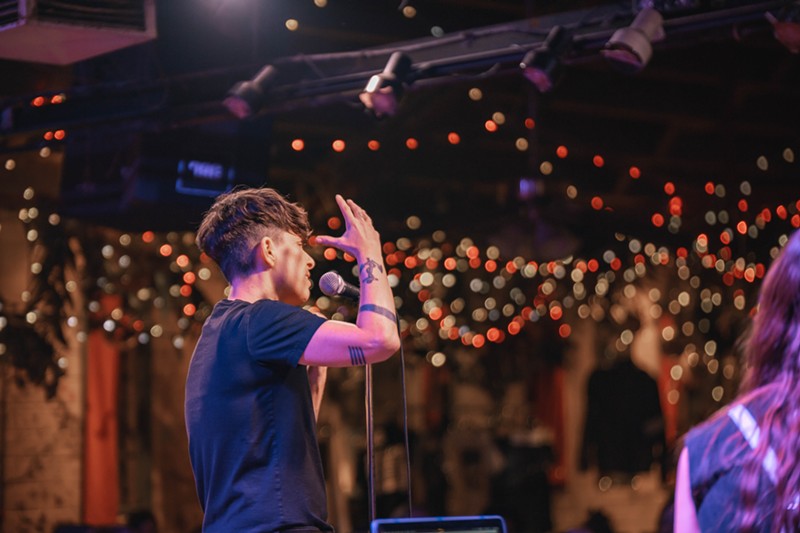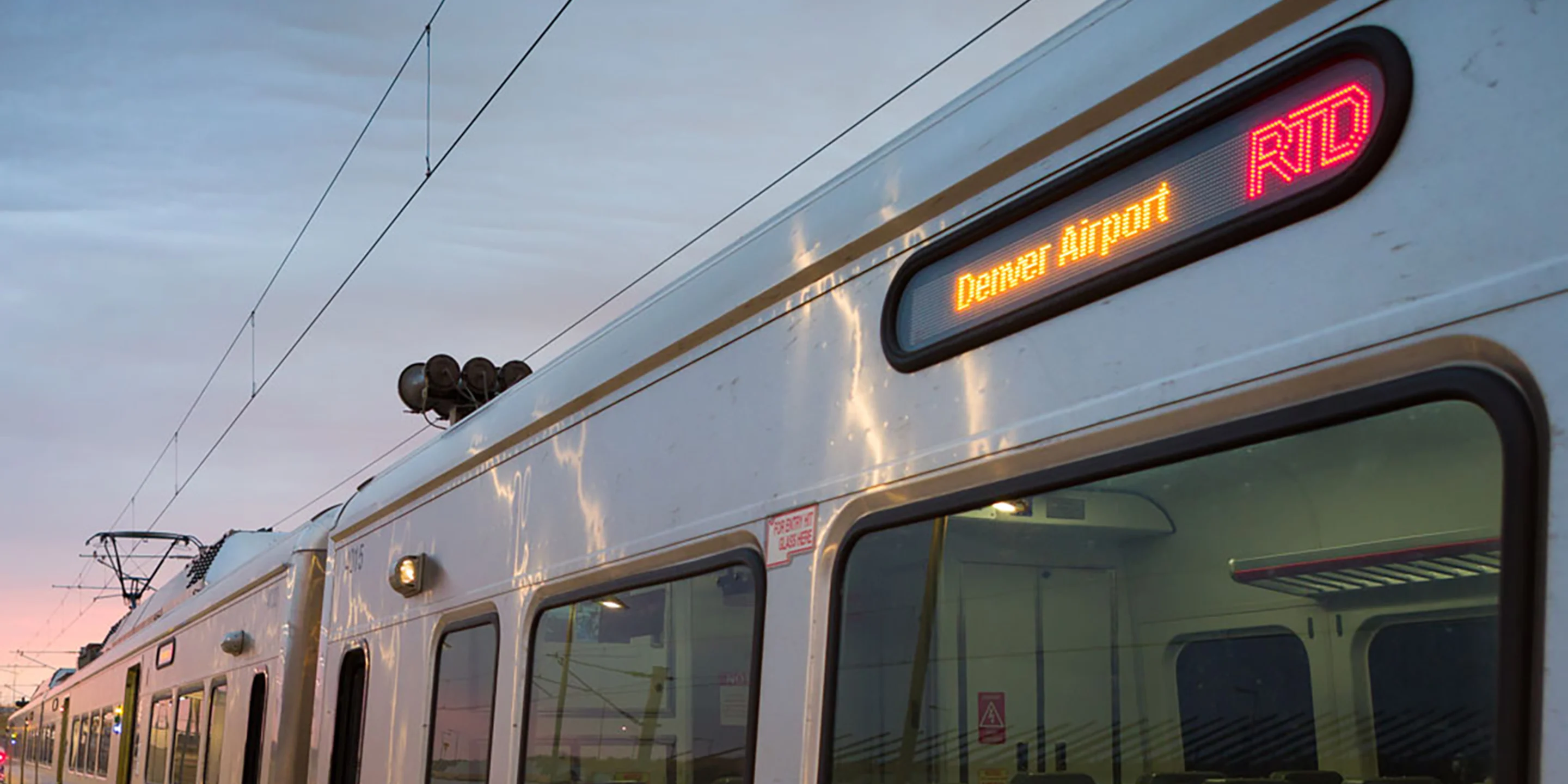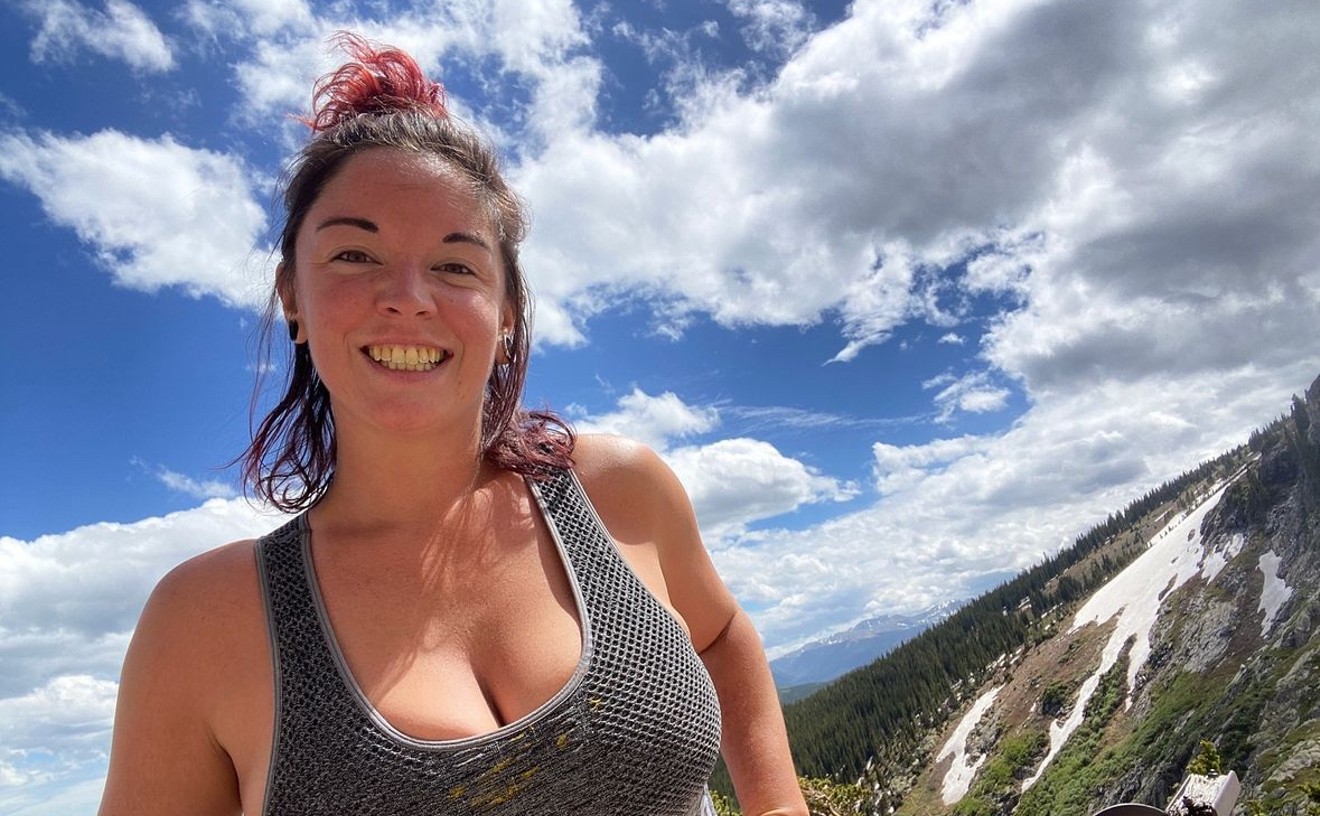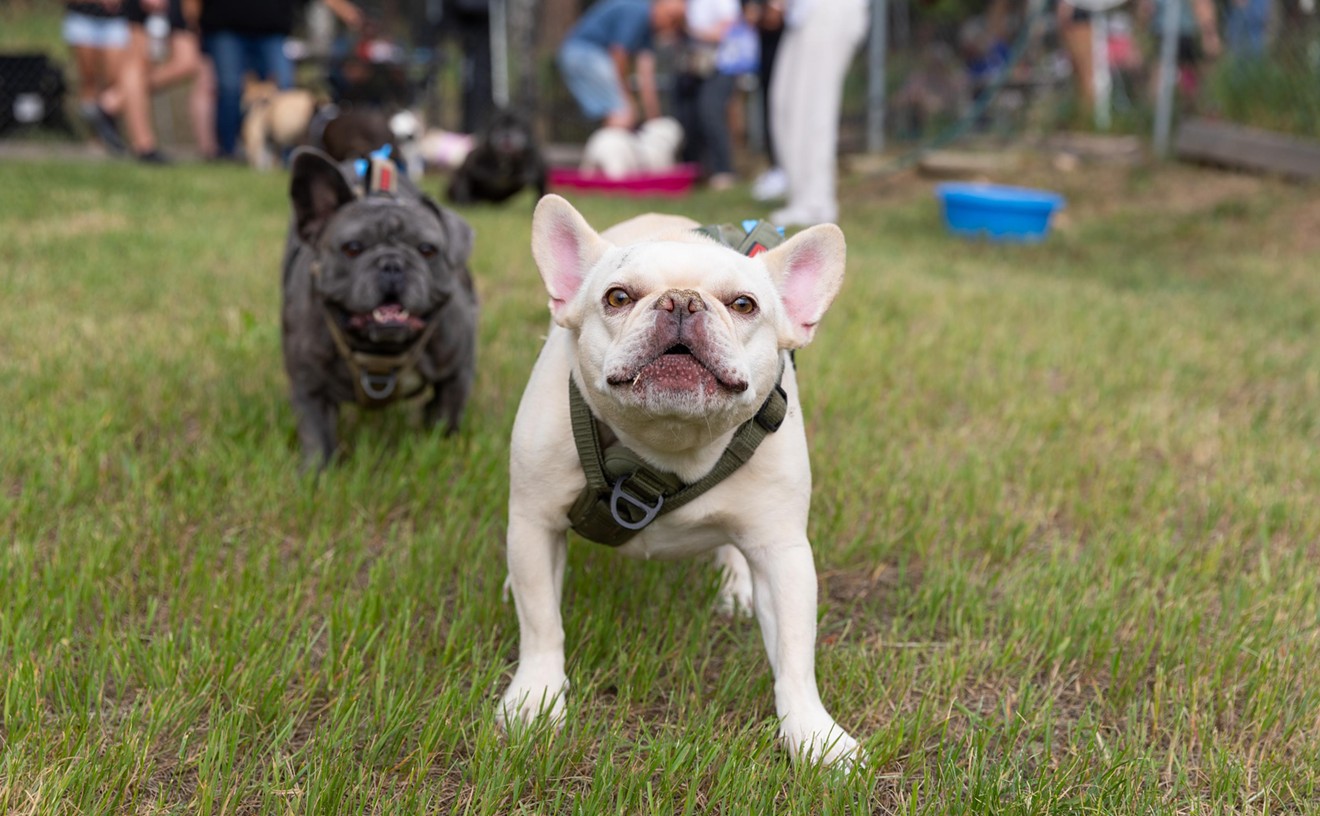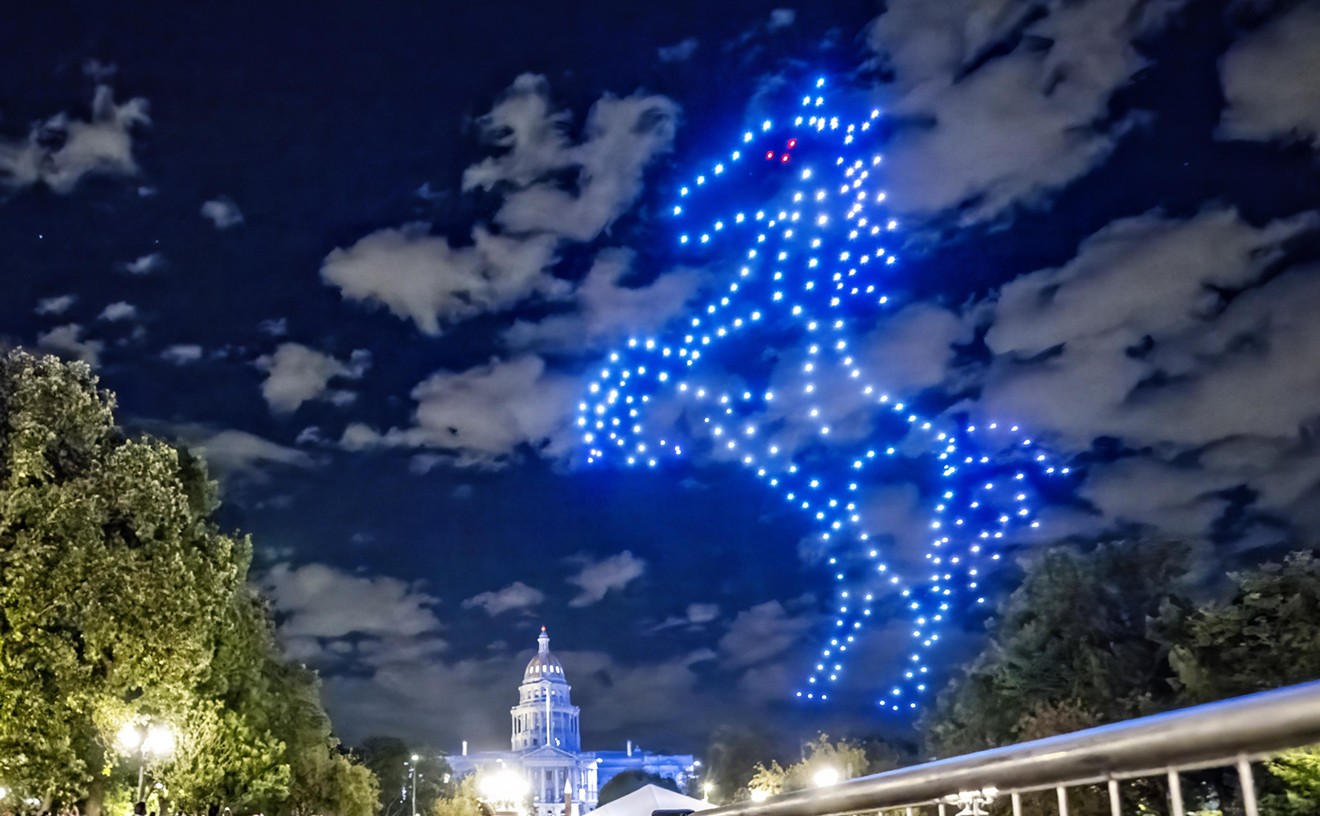In 1999 I had very few friends. So few I’d leave work most Fridays knowing I wouldn’t likely speak to anyone until I clocked back in on Monday morning. It was, until this year’s pandemic, the loneliest time of my life. One weekend, flipping through the local paper, I saw a listing for a weekly Sunday night poetry slam at the Mercury Cafe in Denver. Having heard rumors about the magic of spoken word, I bussed the forty minutes from Boulder and walked two miles through the city to a twinkling urban heaven surrounded by sunflowers taller than myself. Pushing open the red-velvet curtain of the Merc’s entrance, I stepped inside, not knowing that step would be the most impactful step of my life.
For the last two decades, whenever I’m asked where I want my ashes scattered when I die, I answer, “the Mercury Cafe.” Not the Grand Canyon or the Pacific Ocean or the lavender fields of France. I want my ashes scattered at the Mercury Cafe in Denver, Colorado. When someone says, “You can’t scatter ashes inside of a restaurant!” I respond as I’ve responded for twenty years: “Marilyn will find a way.”
Marilyn Megenity is the Merc’s owner, though "owner" is a failed description for an anti-capitalist feminist revolutionary whose lifelong community activism lives at the heart of the two-story restaurant/music venue that has been for decades a political hub in Denver. From the windmills on the roof to the water-saving toilets atop which you can wash your hands (it’s amazing and sanitary, I promise!) to the walls painted like gardens blooming anti-fascist protest signs, everything about the place is an intentional offering to the betterment of the world.
In my early twenties, I’d spot Marilyn’s long silver hair in the corner of the packed venue and dream about one day living a life with that much integrity. I’d heard from her staff that she knew personally the woman who grew her restaurant’s veggies, the neighbor who distilled the restaurant’s whiskey, the man who caught the restaurant’s trout, consistently evaluating the impact of fishing practices on the local ecosystem. These were choices she made decades before organic was trendy. Choices made by her steadfast care for our planet and her genuine investment in our collective thriving.
It was in this space that I became a poet. For years the Mercury Cafe not only kept me alive, but kept me desperately wanting to live. The Sunday night poetry slam was the lifeblood of my becoming, and the community of writers, musicians, artists and activists who spent time there were and still are my most constant teachers. As part of the Mercury Cafe’s slam team, I began traveling to other parts of the country, and gradually began receiving invites to perform around the world. Since 2005 I’ve made my living as a poet — a blessing I never imagined possible, and a blessing born at and raised by the Mercury Cafe.
I don’t think it’s a coincidence that my final performance before the pandemic turned the world upside down was on the Merc’s upstairs stage. Freshly home from a tour on the East Coast, I received a message from an epidemiologist an hour before leaving for the show in Denver. As I’ve been public about having a chronic illness, she wrote with a request that I cancel the rest of my year’s tour, which was supposed to continue on to the West Coast and throughout Europe. Having very little understanding of COVID at the time, I was shook. The Mercury is an especially emotional place for me to share poems, but was overwhelmingly so that night, as I spent my entire time on stage wondering if it would be my last. Packing up the set at the end of the evening, Marilyn filled my arms with an entire year’s worth of immune-boosting homeopathics. “I can’t possibly take all of this!” I laughed. “Take them,” she said. “Please.”
Last night, right before bed, I received a phone call from an unknown caller. The voice on the line was that of my poetry-slam team coach from 1999. “The Merc is in trouble,” he said. In case anyone reading this doesn’t know, 90 percent of independent music venues in the United States are expected to have to close their doors permanently as a result of the pandemic. Wherever you were when you saw the best concert of your life, there is a strong chance that venue won’t exist by the end of the year. Restaurants are statistically more likely to make it, but the odds are still pretty bleak. The Mercury Cafe is both a restaurant and a venue, so I find myself here...writing in support of the space in which I learned how to write.
Art has been the most vital medicine in my life. So much so that I believe in humankind only to the degree to which humankind embraces creativity. I am sharing the Mercury Cafe’s GoFundMe page with the hope that I will one day have the privilege of performing there again, but much more so with the hope that young people will continue to find the home (and friends) there that I did. And if you’re reading this and want to support a venue particularly close to your heart, ways to help should be easy to find with a quick online search — as almost all of the venues you love are very likely struggling. May we find our way through this challenging time, and may art, love and community prevail.
Andrea Gibson, the winner of the first Women’s World Poetry Slam, has released seven full-length albums and published six books, including Lord of the Butterflies, which was the winner of the Independent Publisher’s Award in 2019 as well as a Goodreads Choice Awards finalist. Best known for live performances, Gibson speaks to issues of sexism, classism, patriarchy and white supremacy.
[
{
"name": "Air - MediumRectangle - Inline Content - Mobile Display Size",
"component": "12017618",
"insertPoint": "2",
"requiredCountToDisplay": "2",
"watchElement": ".fdn-content-body",
"astAdList": [
{
"adType": "rectangle",
"displayTargets": "mobile"
}
]
},{
"name": "Editor Picks",
"component": "17242653",
"insertPoint": "4",
"requiredCountToDisplay": "1",
"watchElement": ".fdn-content-body",
"astAdList": [
{
"adType": "rectangle",
"displayTargets": "desktop|tablet"
},{
"adType": "rectangle",
"displayTargets": "desktop|tablet|mobile"
}
]
},{
"name": "Inline Links",
"component": "18838239",
"insertPoint": "8th",
"startingPoint": 8,
"requiredCountToDisplay": "7",
"maxInsertions": 25
},{
"name": "Air - MediumRectangle - Combo - Inline Content",
"component": "17261320",
"insertPoint": "8th",
"startingPoint": 8,
"requiredCountToDisplay": "7",
"maxInsertions": 25,
"watchElement": ".fdn-content-body",
"astAdList": [
{
"adType": "rectangle",
"displayTargets": "desktop|tablet"
},{
"adType": "rectangle",
"displayTargets": "desktop|tablet|mobile"
}
]
},{
"name": "Inline Links",
"component": "18838239",
"insertPoint": "8th",
"startingPoint": 12,
"requiredCountToDisplay": "11",
"maxInsertions": 25
},{
"name": "Air - Leaderboard Tower - Combo - Inline Content",
"component": "17261321",
"insertPoint": "8th",
"startingPoint": 12,
"requiredCountToDisplay": "11",
"maxInsertions": 25,
"watchElement": ".fdn-content-body",
"astAdList": [
{
"adType": "leaderboardInlineContent",
"displayTargets": "desktop|tablet"
},{
"adType": "tower",
"displayTargets": "mobile"
}
]
}
]

